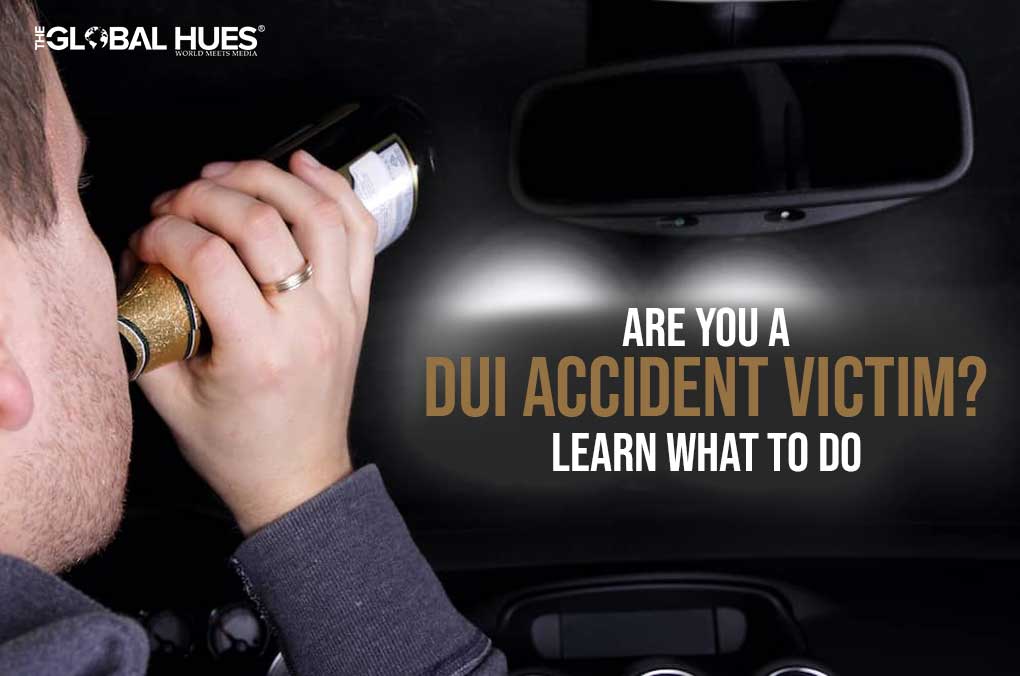1. Don’t Panic; Take a Deep Breath
Keeping your cool and collecting yourself should be your priority. Check to see if you or anybody else in the car is wounded before calling for help. Calm down, take a deep breath, and focus on ensuring you and those you care about are safe rather than trying to figure out what will happen next or who is to blame.
Do not make matters worse by initiating conflict or exposing yourself to harmful situations. Turn off the ignition to stop the engine if the automobile is still running. This will prevent additional damage and give you time to collect your thoughts. Keep your cool; it may be the most important thing you can do.
Inquire after the well-being of any passengers. If you or someone else seems hurt, you shouldn’t try to move them because doing so could worsen things. To stay healthy, you should leave medical treatment to the experts.
Everyone understands that in a life-or-death scenario, our instincts might get the best of us and that if you end up having to relocate a person to save their life, no one will hold it against you. Moving someone who appears to be injured is risky business unless you know for sure that you can save their life.
Take stock of the physical and mechanical injuries you’ve sustained and the state of your vehicle, but wait until you’ve gained your composure before acting rashly. Calm down and remind yourself that things will turn out okay in the long run.

2. Please Remain at the Scene, Call for Help, and the Police
Do not flee the scene of an accident before authorities arrive. If witnesses haven’t already called the police, someone should, and you should also get checked out. Adrenalin rush and shock can hide pain; perhaps some injuries might not become apparent until things have calmed down.
If you put off getting treatment for your injuries, it may be impossible to tell if the accident was indeed what caused them. Cooperate with law enforcement and other emergency personnel to speed up your recovery.
What’s more, you must follow your doctor’s advice. If you’ve been seriously hurt, following your doctor’s orders and doing the recommended physical therapy is essential. Pursuing this goal actively will demonstrate the severity of your injuries and the necessity for assistance to get back to normal, strengthening your personal injury case.
If you were involved in a collision, the police would evaluate you to see if the other motorist was impaired and may want to test you. The most important thing is to cooperate and not take the blame for anything. The worst thing you can do is try to look responsible if you are not a drunk driver, and things transpire quickly.
Describe the accident as best you can and let the authorities know if you think the other driver was under the influence.
3. Take Your Cars and Trucks Somewhere Else (If No Injuries Are Sustained)
Depending on where you live, you may or may not be required to move your vehicle after an accident. Still, if there were no fatalities or significant injuries, you should probably drive your automobile out of traffic. To keep traffic moving and prevent other accidents, you should get this done as soon as possible. No obligation exists to relocate a car that cannot be driven.
But the drunk driver shouldn’t try to move the car because doing so would constitute dangerous continued driving.
4. Speak with an Attorney
If you were injured in an accident, you should contact a lawyer as soon as possible. The sooner they get on the case, the more credible the evidence, such as eyewitness statements, and the better your chance of being protected. Accident attorneys charge nothing for an initial consultation and focus on cases involving accidents caused by drunk drivers.
If you or a loved one has been seriously injured or killed in an accident caused by a drunk driver, you must hire an experienced attorney. Visit websites like atlinjurylawgroup.com to hire an expert in the field who can help you make sense of the situation. Give your attorney access to any evidence you have gathered, including photos, videos, and contact information for any witnesses. Be as forthcoming as possible with your account of what transpired.
A qualified attorney will be there for you every step and assist you in making the best decisions possible.
5. Snap Some Pics
Although it may feel intrusive, having photographic documentation of the incident and any injuries and property damage will help you immensely when defending yourself. Don’t forget to document the damage to your vehicle and any injuries incurred in the collision. In addition, it is crucial to try and capture photographic or video evidence of the drunk driver.
Ask a trusted friend, family member, or a witness at the scene if you don’t feel up to doing it yourself. You could also track down any eyewitnesses who may have recorded footage. A drunk driver can insist they weren’t drinking, but photos or videos can disprove their claims.
Must Read:
- Spain: Nation Of Cultural Fiesta
- Top 10 Indian Origin CEOs Leading International Companies
- HIGHEST-PAID CEOs IN THE WORLD
- Success Story Of Mukesh Ambani
- TOP 10 NEWSPAPERS IN THE WORLD 2022
- Top 10 Best Places To Visit In India
- 10 GADGETS TO KEEP YOU COOL THIS SUMMER
- 7 R’s Of Waste Management – Steps To Sustainability
- What Are The 5 Must Watch Netflix Thrillers
- Upcoming Shows And Films On Netflix In 2022




